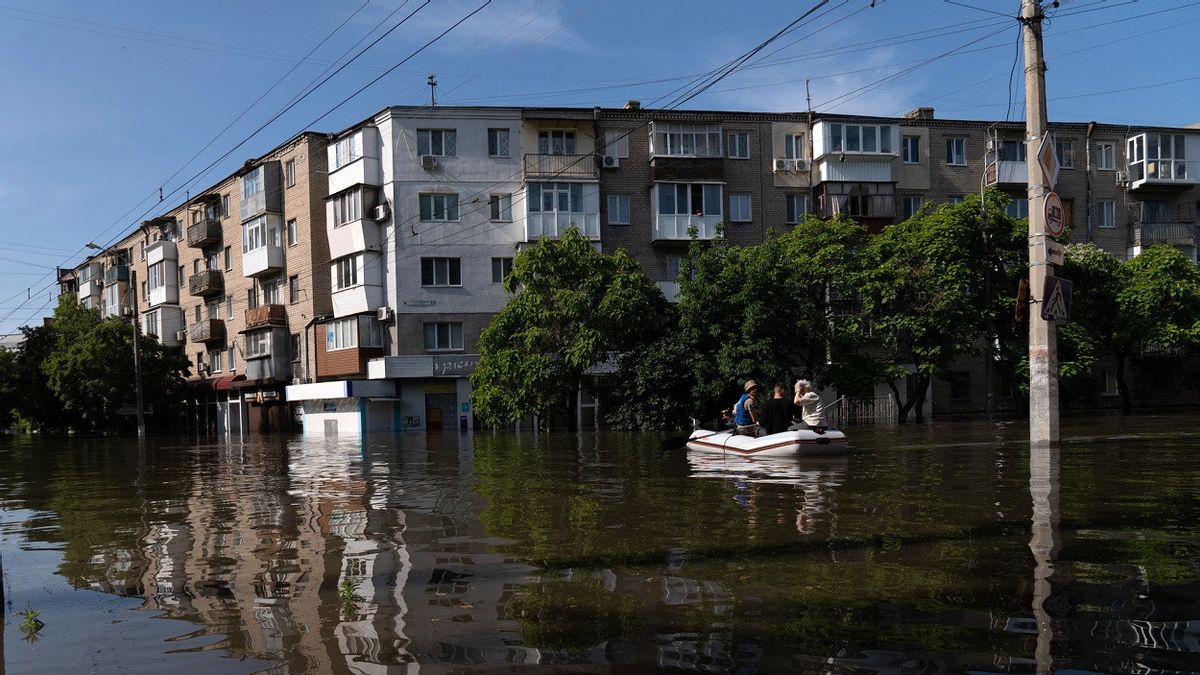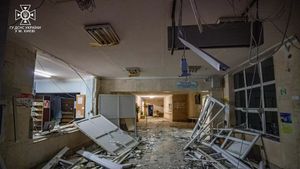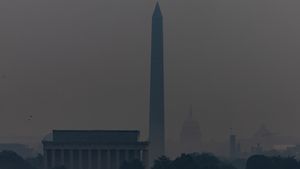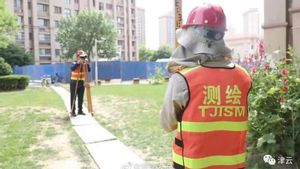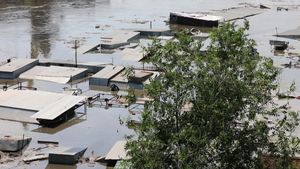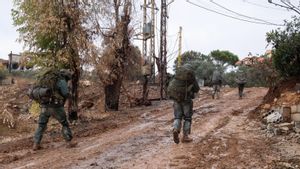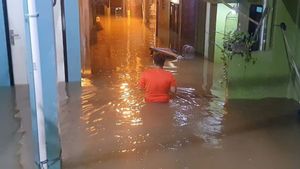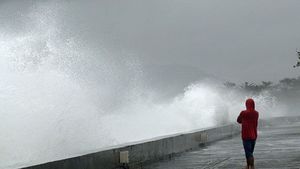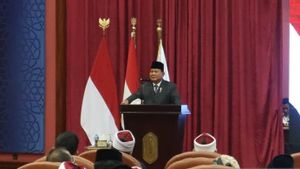JAKARTA - The World Health Organization (WHO) has sent emergency supplies to flood-hit areas in Ukraine, preparing to respond to various health risks including trauma, drowning and water-borne diseases such asterisks, officials said.
Russia and Ukraine blame each other for the breakdown of the Kakhovka Hydroelectric Power Plant dam built in the Soviet era, causing water to flow rapidly across the war zone in southern Ukraine, forcing tens of thousands of people to flee their homes.
"The impact of the sanitation system of water supplies and public health services in the region cannot be underestimated," WHO Director-General Tedros Adhanom Ghebreyesus told a news conference.
"WHO has rushed to support authorities and health workers in preventive measures against a water-borne disease and to increase disease surveillance," he said.
Asked specifically about feasibility, WHO technical officer way Zakaria said the risk of an outbreak exists because pathogens are in the environment. He said the WHO was working with the Ukrainian Ministry of Health to implement a mechanism to ensure vaccines could be imported if needed.
"We are trying to address various kinds of health risks that are actually associated with flooding, ranging from trauma to drowning, a disease transmitted through water, but also to the potential implications of disorders of chronic treatment," he explained.
The huge Kakhovka Dam in the Dnipro River separates Russian and Ukrainian troops. People on both sides were affected by the breakdown of the dam.
WHO Emergency Director Mike Ryan said his party had offered assistance to Russian-controlled areas, but its operational presence was "mainly" on the Ukrainian side.
اقرأ أيضا:
He said Russian authorities had given them assurances that people living in occupied areas "was well monitored, treated properly, fed well (and) well supported".
"We would love to be able to access those areas and be able to monitor the health we would like in most situations," he explained, adding Ukrainian and Russian authorities would agree on how it could be achieved.
The English, Chinese, Japanese, Arabic, and French versions are automatically generated by the AI. So there may still be inaccuracies in translating, please always see Indonesian as our main language. (system supported by DigitalSiber.id)
